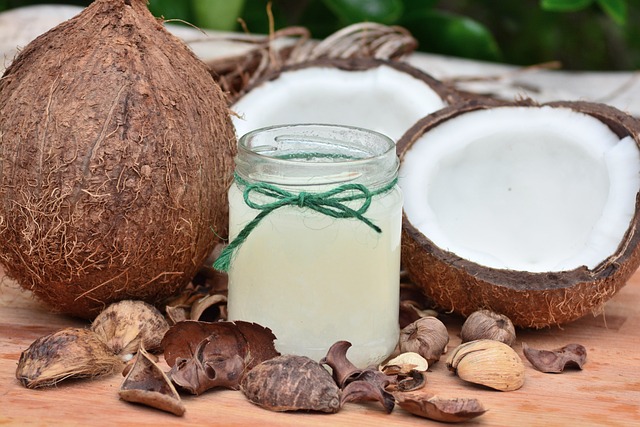From Yoghurt to Kombucha: Exploring the Best Food Sources for Probiotics
Probiotics have gained significant attention in recent years due to their numerous health benefits. These beneficial bacteria have been linked to improved digestion, enhanced immune function, and even mental well-being. While probiotic supplements are available, many people prefer to obtain their daily dose of these beneficial microorganisms from natural food sources. In this article, we will explore some of the best food sources for probiotics.
1. Yoghurt
Yoghurt is one of the most well-known sources of probiotics. It is made from fermented milk using specific strains of bacteria, such as Lactobacillus and Bifidobacterium. These bacteria help to break down lactose, making yoghurt easier to digest for individuals with lactose intolerance. Furthermore, yoghurt contains live cultures that promote a healthy gut microbiome.
To ensure you’re getting the maximum benefits of probiotics, opt for plain yoghurt without added sugars or artificial flavors. You can always add your own fruits or honey for natural sweetness.
2. Sauerkraut
Sauerkraut is another excellent source of probiotics. It is made by fermenting cabbage in its own juices alongside beneficial bacteria. The fermentation process produces lactic acid, which gives sauerkraut its distinct tangy flavor and helps preserve it.
When purchasing sauerkraut, look for unpasteurized varieties, as pasteurization kills the live cultures. Incorporate sauerkraut into your diet by adding it as a topping to sandwiches or as a side dish to accompany your meals.
3. Kefir
Kefir is a fermented milk drink that originated from the Caucasus region. It is made by adding kefir grains, a combination of bacteria and yeast, to milk. The grains ferment the milk, producing a tangy and effervescent beverage rich in probiotics.
Kefir is an excellent source of various beneficial bacteria strains and can be consumed on its own or added to smoothies for a refreshing and nutritious boost.
4. Kimchi
Kimchi is a traditional Korean dish made from fermented vegetables, typically cabbage, radishes, and scallions. It is heavily seasoned with spices like garlic, ginger, and red chili pepper flakes, which contribute to its unique flavor.
Similar to sauerkraut, kimchi undergoes a fermentation process that enhances its probiotic content. It is not only a delicious side dish, but it also provides a wide range of essential vitamins and minerals.
5. Tempeh
Tempeh is a popular plant-based source of probiotics. It is made from soybeans that are fermented with a specific type of mold called Rhizopus oligosporus. During fermentation, the mold binds the soybeans together, forming a dense cake-like texture.
In addition to probiotics, tempeh is also a great source of protein, making it a versatile ingredient in vegetarian and vegan dishes. You can stir-fry or grill tempeh to add a nutritious and probiotic-rich element to your meals.
6. Kombucha
Kombucha is a fermented tea drink that has gained popularity in recent years. It is made by combining sweetened tea with a SCOBY (Symbiotic Culture of Bacteria and Yeast) and allowing it to ferment for a specific period.
Kombucha contains various strains of bacteria and yeast that work together to create a tangy and slightly fizzy beverage. It is available in different flavors and can be a refreshing alternative to sugary sodas.
Remember to choose unpasteurized kombucha as pasteurization can eliminate the live cultures.
Conclusion
Incorporating probiotic-rich foods into your diet can have a positive impact on your overall health and well-being. Yoghurt, sauerkraut, kefir, kimchi, tempeh, and kombucha are just a few of the many food sources available to boost your probiotic intake.
Remember to prioritize variety and quality when selecting these foods to ensure you’re getting a diverse range of beneficial bacteria strains. Experiment with different recipes and flavors to find what suits your taste buds best. Your gut will thank you for it!







